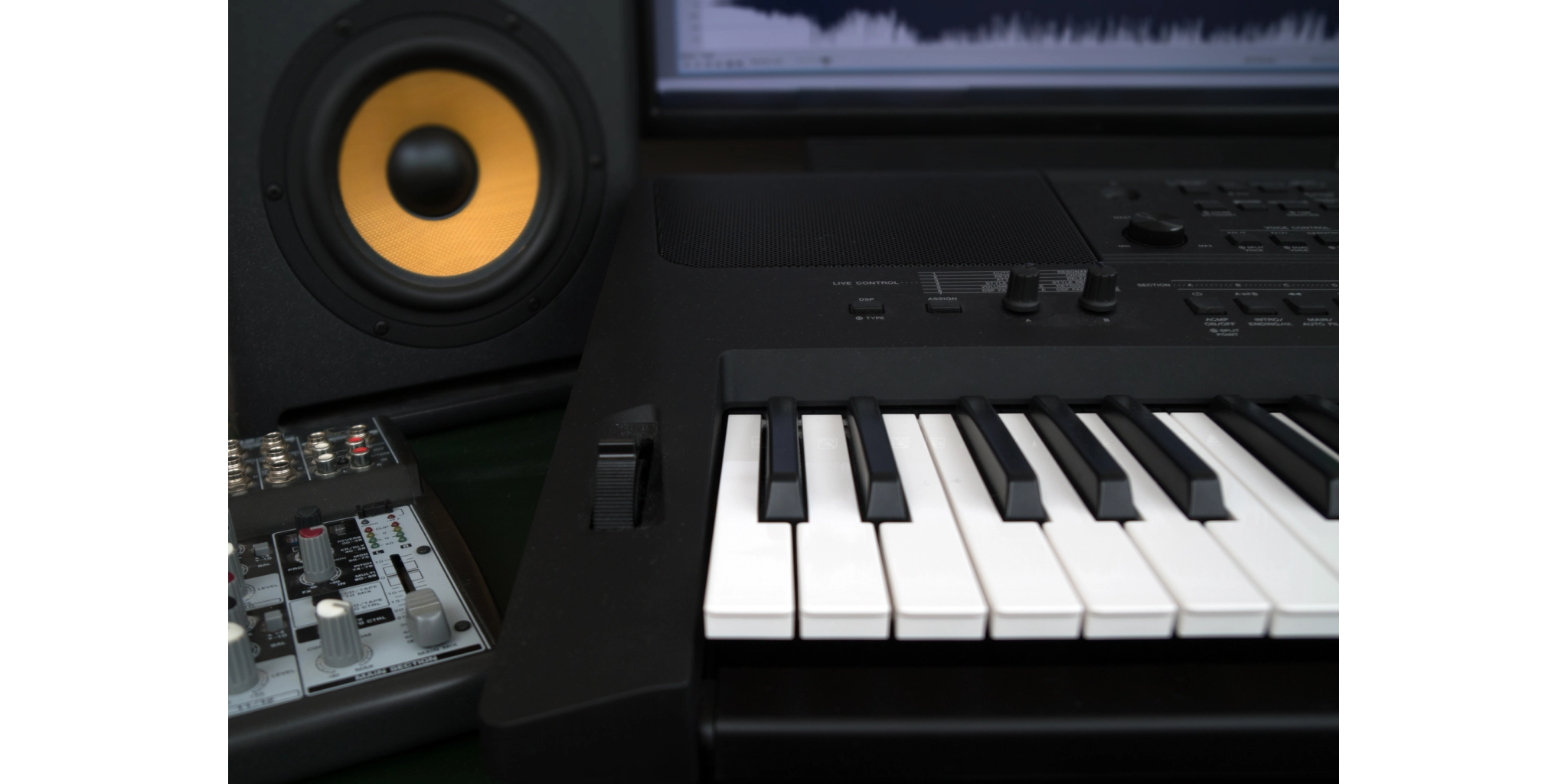The Producer's Guide to Sending Demos
So you bought Ableton (or the DAW of your choice), spent the last few months learning how it works and watching endless YouTube tutorials, and finally created a song that you think is good enough for release on your favorite label.
It’s an exciting moment for you, daydreaming about a future DJing massive festival stages and releasing genre-defining music. But, as you sit down at your laptop to send out that first track, thinking about how to craft the perfect email, you realize you have no idea what to say—the anxiety of knowing that your first impression is essential starts to overcome you. And while you aren’t even sure if anyone will ever read this email, to begin with, you know it’s vital to get this right.
We’ve seen Twitter threads from countless artists and label managers about this subject. Most recently, Parker Cohen, label manager for Off the Grid and artist manager for John Summit, Deeper Purpose, Freak On, Kyle Walker, and Ranger Truco, discussed in a tweet how a lack of professionalism permeates so many of his communications with artists. And Desert Hearts founder Mikey Lion also summed up his tips for demo sending success on Instagram.
To reduce some of that pre-email anxiety, we put together a short list of dos and don’ts for sending out your demos.
Express yourself, but be concise.
While you may think it’s important to write an extremely lengthy email with a deeply personal story about the track, you should also consider the A&R’s time. Although it is essential to introduce yourself and talk about your music, you want to keep things smart and concise. Give a line or two about who you are, the track, and why you like the label. Simple, easy.
Make sure they know where to find you.
You wrote a nice short email, that’s it, right? You’re better than that! Include all of your social links. You’d be surprised how often this information is skipped (even when artists pitch for media coverage). If you recently released with another relevant label, include that too. Make sure you are active on Soundcloud, have a Spotify Artist account, Instagram, Facebook, and Twitter. If you can show a label that you are taking yourself seriously, they will take you seriously.
Send appropriate links.
Just send them the Ableton file. They will figure out how to listen. NO! We cannot stress this enough. You must upload your track to Soundcloud as a private, downloadable link. You can also upload it to Dropbox. The links should not have an expiration date. While your demo is important to you, understand that any label receives dozens if not hundreds of demos every week. So making it easier to listen to is the least you can do. Also, many labels will download a song to test out before agreeing to sign it. If they can’t download it, they might skip it altogether.
Exclusivity is important.
You should send that private Soundcloud link you made to every label, right? WRONG AGAIN. Although it may take up a few extra minutes of your time, either create separate links for each label or shut off the play count (and comment) feature for that track. A private link on Soundcloud displays the track’s number of plays by default. By repeating the link over and over, you’re showing the label that you’re shopping the track around. Labels like to feel some sense of exclusivity to the music they sign.
Less is more.
You just finished ten tracks. You should probably send all of them to your favorite label. That way, the odds of you getting one signed are higher. ONCE AGAIN, STOP IT! Although you probably worked very hard on that music, no label is listening to a long playlist. They will likely only listen to the first track and either move on immediately or listen to the second one if they are very impressed. Continuing the theme here, your job is to make their job as easy as possible. Pick the strongest songs. Four tracks are likely the absolute maximum you should at once. If they want to hear more, they’ll let you know.
Does it fit?
Lastly, before hitting send, ensure that the tracks you are sending fit the sound of the label you are sending them to. There’s nothing worse than an A&R at a house label opening a message only to find that someone has sent them the hardest gabber known to man. If you aren’t familiar with the label you are sending your music to, get familiar. If you are, be mindful of their recent releases and overall sound.
















